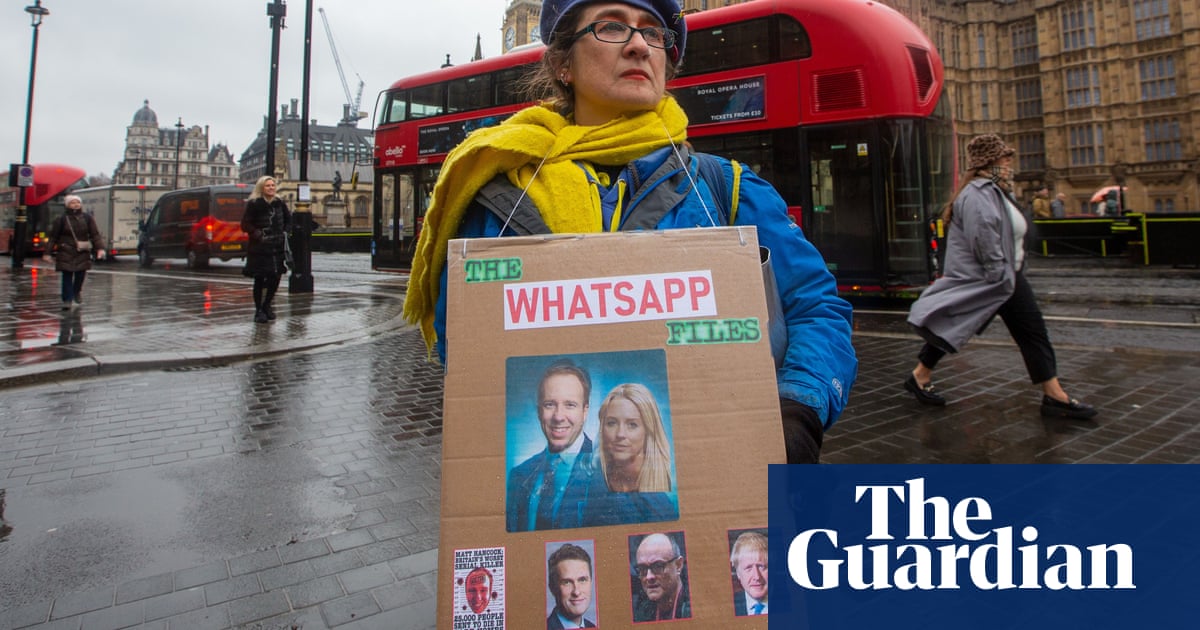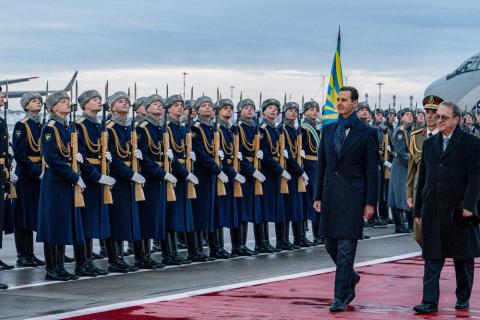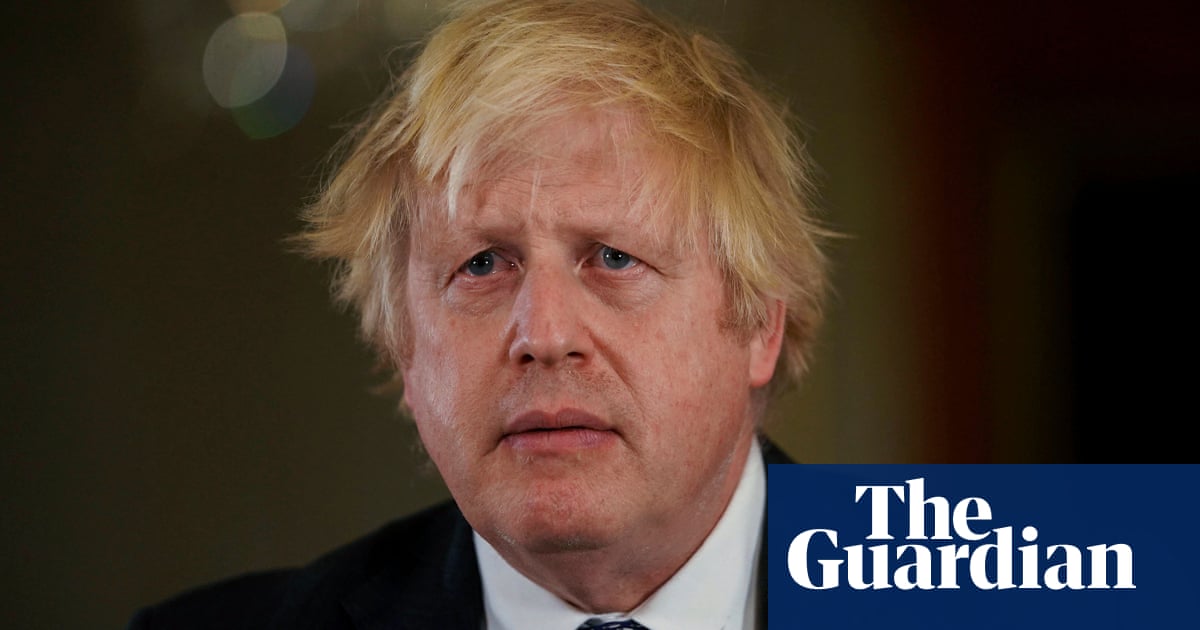
Before assuming office, President Donald Trump promised to end the “endless wars” in the Middle East that have been consuming US lives and treasure for decades. Though none of the wars have yet ended, as Trump is busy moving troops around the Middle East rather than bringing them home, it is nevertheless undeniable that we are now entering a new phase in the geopolitical power balance of the region. US influence has diminished dramatically while the Russian sphere of influence expands without checks. How will future generations view US policy, particularly in relation to Syria?
“We will go down in history either as the world’s greatest statesmen or its worst villains.” These were the indomitable words of Hermann Goering prior to the Nazis’ crushing defeat and Goering himself facing trial in the world’s first war crimes tribunal. Had the Nazis emerged victorious, the tables would certainly have been turned.
With Bashar Assad on the verge of complete victory in Syria, we can expect his regime to follow a similar trajectory of engineering the historical narrative to paint Assad as the greatest statesman and the civilian uprising as nothing but a plot by dark foreign powers like the US and Islamists. In fact, much of this groundwork has already been laid by Vladimir Putin’s cyber warriors, with the demonization of the White Helmets and denouncing of all opposed to Assad as supporters of Al-Qaeda or Daesh. And the West, suffering from guilt after a complete dereliction of duty in standing up for their values, will likely not offer much resistance. After all, absence of war is much more important than justice and accountability. The Syrian people who rose up against a brutal dictator and paid with their lives will simply be recast as enemies of stability.
This handbook for beating a civilian population into submission will become a must-read for any authoritarian regime facing a popular uprising within its territory. Militarily, first encircle the target area and block all traffic, stopping food from getting through. Then, bomb hospitals to ensure there are insufficient medical facilities when the casualties start mounting. Lastly, use munitions with the highest psychological impact, such as cluster bombsand chemical weapons, to break the targets into surrendering. In case you were not certain, yes, all three of these tactics are explicit war crimes.
What used to happen was that the propaganda offensive by the Russian information warfare machine — aimed at obfuscating and confusing the evidence for war crimes committed by Assad and the Kremlin — started either during the acts themselves or immediately after. But this has now changed, and the Kremlin has moved onto the next logical step of its propaganda capabilities: Pre-emptive misinformation.
Prior to any offensive, the Kremlin-backed “media” channels start pushing the narrative that the rebels are acquiring and planning to use chemical weapons. This does two things: It supposedly gives Assad and Putin just cause and urgency to step up their offensive against the rebels; and, if chemical weapons are to be deployed, well this time we “know” that it was the rebels who had such weapons to hand.
The Syrian people who rose up against a brutal dictator and paid with their lives will simply be recast as enemies of stability.
Dr. Azeem Ibrahim
Translation: An all-out military assault is necessary, even if it will be an utter bloodbath, complete with the liberal deployment of chemical weapons and any other illegal weapons and munitions used against civilian targets as deemed necessary to shatter the psycheof the local population.
Under normal circumstances, such advance warnings of intent to commit war crimes by clearly identifiable state actors would be useful in formulating a response from the international community that might prevent such an attack, or at least mitigate it to some extent. But we do not live in normal times. The incumbent administration in the US has no personal moral interest in humanitarian concerns, either around the globe or indeed in its own country; China does not get involved in such disputes as a matter of policy; and Western Europe has neither the leadership nor the will to risk direct confrontation with any serious adversary.
The aftermath of this kind of assault is equally predictable. Tens to hundreds of thousands dead, horrific pictures on the news, a new wave of refugees heading toward Europe, and tacit acceptance by the West that the situation is what it is, and that nothing can now be done about it. “At least the regime is killing terrorists,” is what they will be telling themselves. That is exactly what the Assad regime is hoping for.
Dr. Azeem Ibrahim is a director at the Center for Global Policy and author of “The Rohingyas: Inside Myanmar’s Genocide” (Hurst, 2017). Twitter: @AzeemIbrahim












